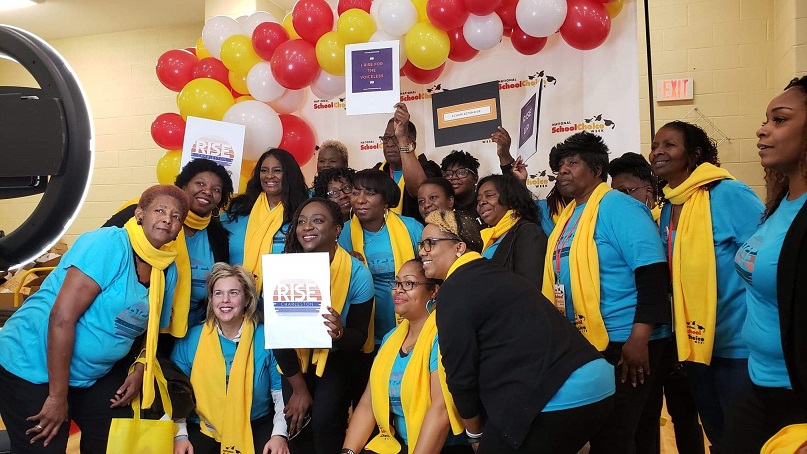
Charleston RISE: Closing the Gap with Education Advocacy
Charleston RISE was founded to address the dire state of education in Charleston County, where the public school system was failing the most vulnerable sector of Charleston youth. It was clear that something needed to change. But how and where to start? Charleston RISE had the answer: training and empowering parents to become education advocates for their children.
Charleston RISE believes, as we do, that every child in the public school system deserves to be offered the same, quality educational opportunities. No child in the public school system should lose out because of the color of their skin or how much money their parents have. Parents as knowledgeable education advocates can have a powerful impact on their children’s schooling.
That’s why Charleston RISE is, in our view, an important effort in the fight for educational parity in our schools. It was a pleasure therefore, to offer our modest assistance by way of a small grant award. We are sure it will be put to good use!
Kars4Kids put some questions to Charleston RISE Executive Director Lisa Ruda, to find out more about the work of this important organization:
Kars4Kids: Charleston RISE is a grassroots movement that advocates for the improvement of public education. Can you tell us why such an organization is needed in Charleston?
Lisa Ruda: Charleston RISE is a grassroots network of community advocates who demand higher quality public schools for all students. Our work is dedicated to the Charleston County School District (CCSD), which boosts some of the best public schools in the nation, but where white students outperform Black students by fifty (50) percentage points at each grade from 3rd to 8th in reading and math. Since 2017, RISE has graduated nearly 230 advocates, over 98% of whom identify as Black; worked tirelessly to ensure CCSD supports policies to close the growing achievement gap; and knocked on over 25,000 doors to share information about the performance extremes in our Charleston public schools. Charleston RISE helps to educate parents as to the performance of their child’s school and understand their options if their child is attending a failing school.
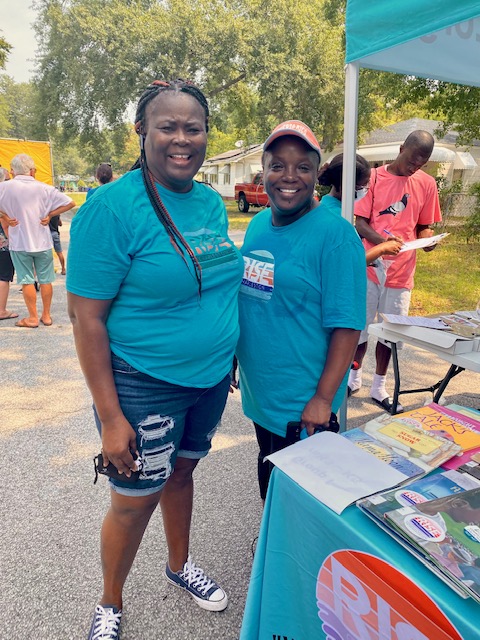
Kars4Kids: How many parents and other education advocates attend your two cohorts, each year? Can you give us an overview of this program?
Lisa Ruda: Over the past five years, RISE has graduated eight cohorts of parents and grandparents and currently includes an alumni network of over 230 graduates. Over 95% of our graduates and 97% of our active alumni, identify as Black. Cohort 9 launches in March and Cohort 10 will launch in August. We expect another fifty (50) graduates in 2022.
Our program has two primary components. The first component is a fellowship or education program, which lasts 12 weeks and consists of a weekly training program designed to give the participants a strong foundation on community education issues through guest speakers, data deep dives, and crafting advocacy campaigns. Participants receive a monthly stipend to offset costs associated with childcare and transportation while they are participating in the weekly fellowship classes.
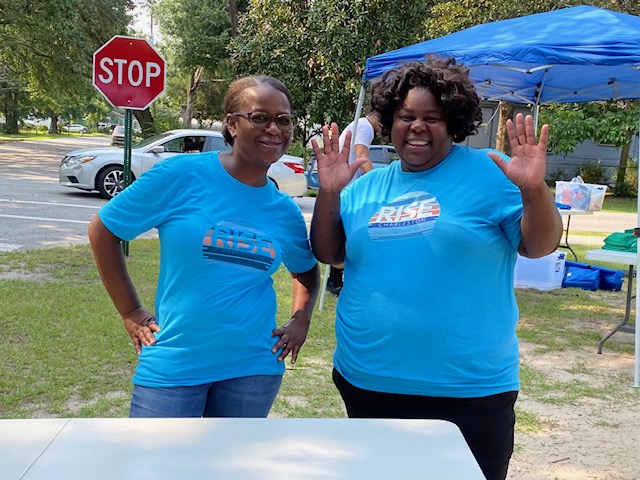
Kars4Kids: What happens after fellows complete the first part of your fellowship program?
Lisa Ruda: The second part of the Charleston RISE program is our alumni committees which convert our fellows’ passion for excellent schools and their newfound knowledge on educational issues into action that supports our students and their families.
Charleston RISE is committed to ensuring all students, regardless of where they live, have access to high quality schools. Charleston RISE works directly with families and operates through one of its active committees which include the following alumni committees: School Board Accountability, Alumni Engagement and Community Outreach, and Provider Review. Alumni have served on one of these committees and worked more than 11,500 hours to educate and advocate for high quality schools for all families.
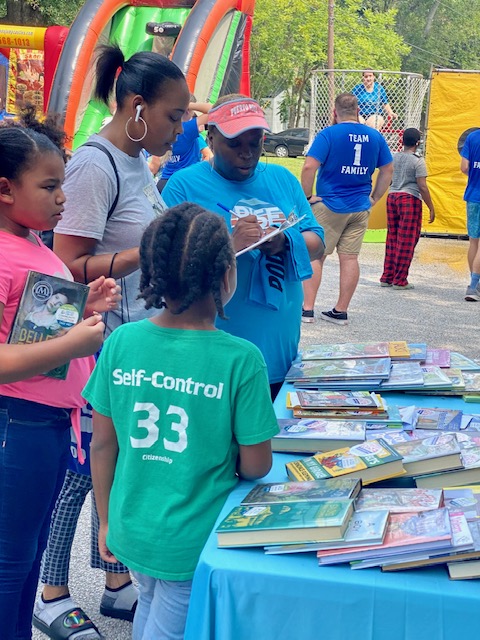
Kars4Kids: Can you describe the impact of race on education in Charleston schools?
Lisa Ruda: The Charleston County School District (CCSD) is rightfully proud of the fact that it continues to outpace the State of South Carolina and other school districts when it comes to student performance. However, we wish we could say that all students, Black and white, saw the same growth in performance. They didn’t. While the overall system outpaced other districts and the State, the achievement gap between white and Black students within CCSD grew larger during this same period. Moreover, CCSD’s most perpetually failing schools targeted for intensive support and resources, have not improved.
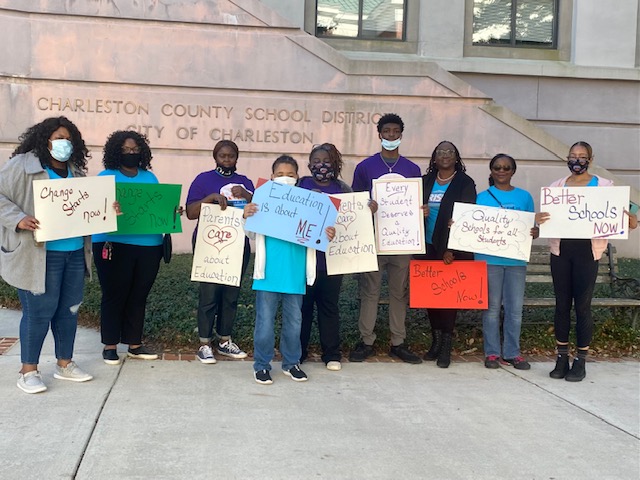
Kars4Kids: One of the components of your program is alumni engagement. Why is it important that alumni remain involved with the education scene in Charleston?
Lisa Ruda: The public school system is not easy to navigate. RISE administers a pre- and post-assessment of participant knowledge and satisfaction at the end of each fellowship cohort. Survey results from our most recent cohort were as follows:
- 100% of participants learned information that they did know before they completed our program,
- 100% of participants obtained information that will allow them to better advocate for their own children,
- 93% of participants committed to use the information they learned to advocate for ALL children; and
- Participant assessment scores (content questions answered correctly) grew from 34% to 94% over the course of the program.
We have similarly found that parents seeking help with their child’s education are more willing to reach out to other parents and rely on their advice. By remaining engaged in RISE after fellowship graduation, our alumni can serve as an important resource to other parents.
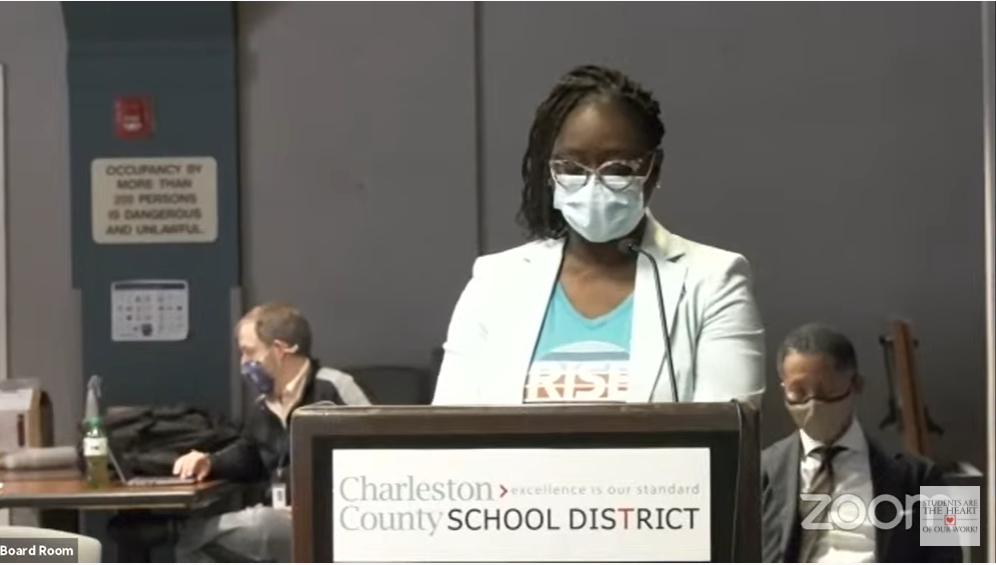
Kars4Kids: Your organization has a Community Outreach Committee. Can you talk about this committee and what it does, specifically?
Lisa Ruda: This committee seeks to engage and inform the larger community about the performance of schools, and options and resources for students attending Charleston’s most failing schools. Parents and community often don’t know how their neighborhood school performs or that Black students lag behind their white counterparts by almost 50 percentage points on each of the state mandated tests. In addition, many families, particularly families attending historically failing schools, do not trust the school district or information shared by it. Our Community Outreach Committee distributes literature at neighborhood events and spreads the word about how parents can get more involved in their schools. In addition, our Community Outreach committee door-knocks, and visits anywhere from 5,000 to 10,000 homes each year in an effort to spread the word about school performance and advocate for high-quality schools for all students.
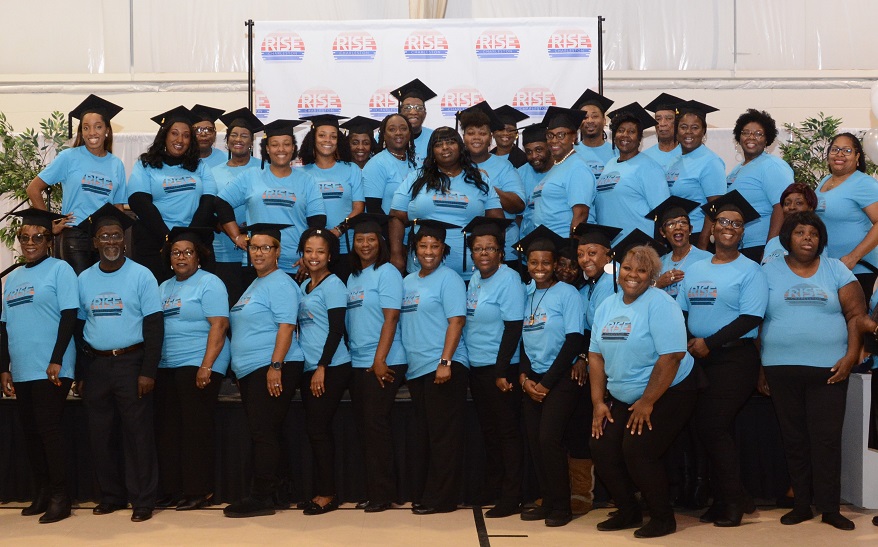
Kars4Kids: What’s next for Charleston RISE?
Lisa Ruda: June 2022 will mark RISE’s 5th year in operation. We are incredibly excited to celebrate that milestone this summer.